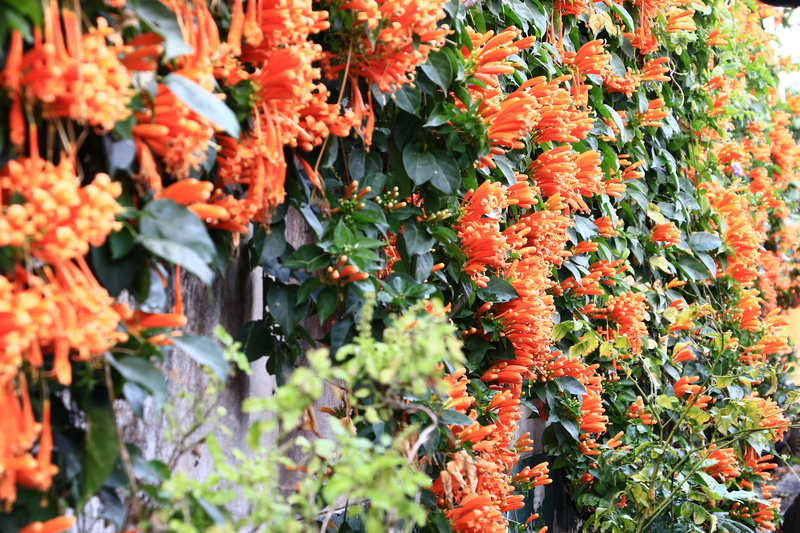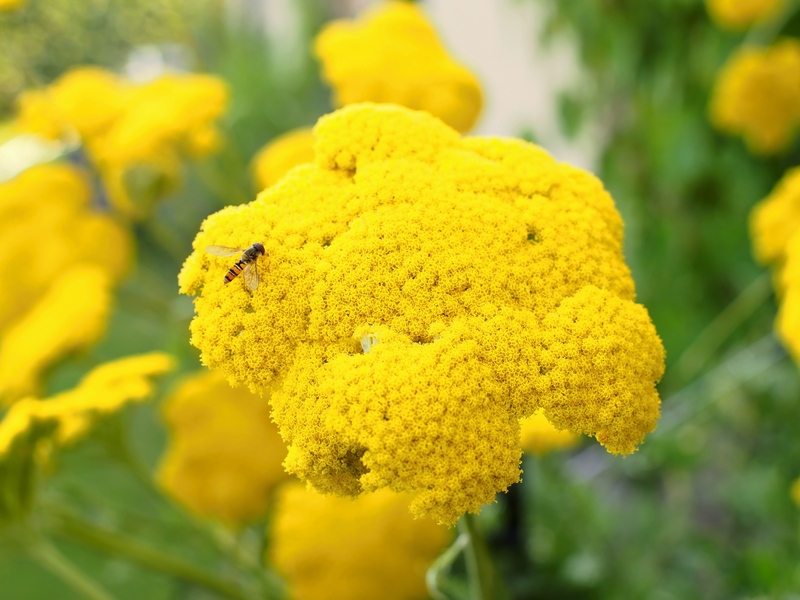Cultivating a Herb Garden
Posted on 12/12/2024
Imagine stepping outside your door and picking fresh, aromatic herbs straight from your garden to enhance your culinary masterpieces, brew into teas, or create delightful sachets. Cultivating a herb garden can be both a practical and pleasing addition to your home environment. Whether you have a sprawling backyard or a small balcony, growing your own herbs is a rewarding endeavor. In this article, we'll explore the steps to cultivate a thriving herb garden, discuss the pros and cons, and provide essential tips and takeaways.
Choosing the Right Location
The success of your herb garden greatly depends on selecting the optimal location. Most herbs require a minimum of six hours of sunlight daily. Whether you plan to cultivate your herbs in an outdoor garden bed or in pots, ensure they are placed in a sunny spot. South-facing windows, patios, or balconies are excellent choices for container gardening.

Selecting the Ideal Herbs
Before starting your garden, decide on the types of herbs you want to grow. Consider your culinary preferences and the climatic conditions of your region. Some beginner-friendly herbs include:
- Basil - Ideal for summer, this herb thrives in warm conditions.
- Mint - Easy to grow but can spread aggressively; consider planting in containers.
- Rosemary - Requires well-drained soil and full sunlight.
- Chives - Hardy and perfect for cooler climates.
- Parsley - Can grow in partial shade, making it versatile for various locations.
Preparing the Soil
Herbs flourish in well-drained soil. If planting in the ground, incorporate organic matter such as compost to enrich the soil. For container gardening, opt for a high-quality potting mix. Good drainage is crucial, so ensure your pots have drainage holes to prevent waterlogging.
Planting Techniques
Plant your herbs either by seeds or seedlings. If using seeds, follow the instructions on the seed packet for depth and spacing. For seedlings, gently loosen the roots before placing them in the soil. Water the plants thoroughly after planting to help them establish their roots.
Watering and Maintenance
Herbs typically require regular watering, but it's essential not to overwater. Allow the soil to dry out between watering sessions. Mulching around the plants can help maintain soil moisture and suppress weeds. Regularly prune and harvest your herbs to encourage new growth and prevent them from becoming leggy.
Pest and Disease Management
Keep an eye out for common pests such as aphids and spider mites. Use organic methods like neem oil or insecticidal soap to control infestations. Ensuring proper air circulation and avoiding overcrowding can help prevent fungal diseases.
Pros and Cons of Cultivating a Herb Garden
Pros
- Freshness: Having access to fresh herbs enhances the flavor and nutritional value of your dishes.
- Cost-Effective: Growing your own herbs is often cheaper than buying them from the store.
- Health Benefits: Many herbs offer medicinal properties and can be used for natural remedies.
- Environmental Impact: Reducing the need for plastic packaging and transportation provides environmental benefits.
Cons
- Time-Consuming: Herb gardening requires time and effort for planting, watering, and maintenance.
- Space Limitations: Limited space can restrict the number and variety of herbs you can grow.
- Pest Issues: Herbs can attract pests that may require vigilant management.
Tips for Success
Use these tips to enhance your herb gardening experience:
- Start Small: Begin with a few herbs and expand your garden as you gain confidence and experience.
- Rotate Crops: Change the location of your herbs each season to prevent soil depletion and pest buildup.
- Companion Planting: Pair herbs with vegetables that benefit from their aromatic properties, like tomatoes and basil.
- Succession Planting: Stagger planting times to ensure a continuous supply of fresh herbs.
- Label Your Plants: Keep track of different herb varieties by labeling them, especially if growing from seeds.

Takeaways
Cultivating a herb garden is a delightful and practical hobby that offers numerous benefits. By carefully selecting the right location, herbs, and planting techniques, you can enjoy a bountiful harvest of fresh, aromatic herbs. While the endeavor requires time and effort, the rewards outweigh the challenges, making it a worthwhile pursuit for garden enthusiasts and culinary adventurers alike.
Conclusion
In conclusion, cultivating a herb garden is a fulfilling activity that can enhance your culinary experiences and offer health benefits. With proper planning, ongoing care, and mindful pest management, your herb garden will not only thrive in its environment but also provide you with a constant supply of fresh, flavorful herbs. Embrace the joys of home gardening and transform your space into a lush, aromatic haven.
Latest Posts
Essential Tools for Passionate Gardeners
Top 9 Gardening Tips for Newbies
Top Edible Wild UK Plants and Flowers



